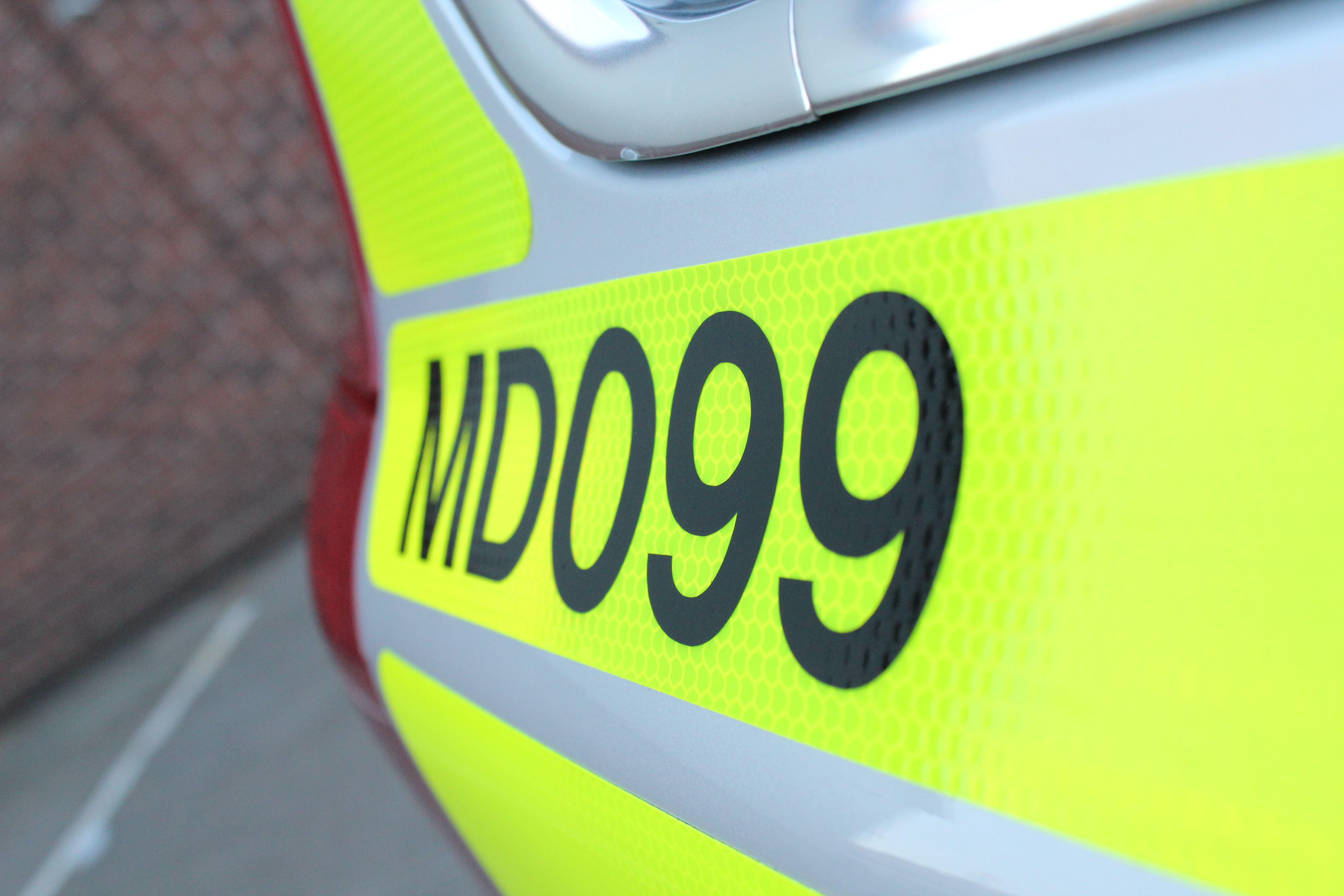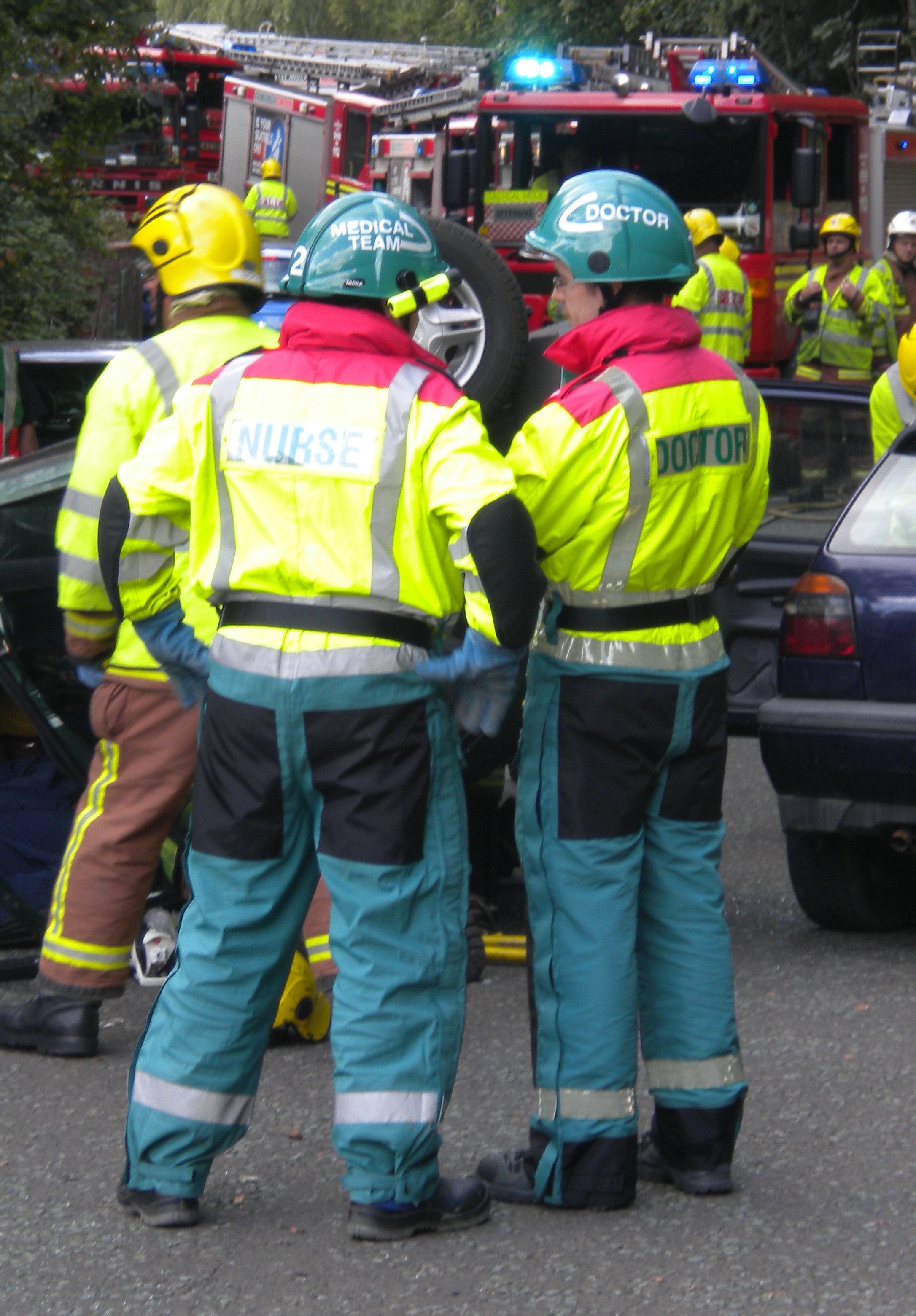West Midlands CARE Team on:
[Wikipedia]
[Google]
[Amazon]
The West Midlands Central Accident, Resuscitation & Emergency (CARE) team is a charitable organisation who respond to serious medical incidents within the West Midlands, UK. Working in teams alongside
 Founded in the late 1980s, around the time of the national ambulance strikes, the organisation evolved from a 'flying squad' originally based at the now-closed
Founded in the late 1980s, around the time of the national ambulance strikes, the organisation evolved from a 'flying squad' originally based at the now-closed

West Midlands Ambulance Service
The West Midlands Ambulance Service University NHS Foundation Trust (WMAS) is responsible for providing NHS ambulance services within the West Midlands region of England. It is one of ten ambulance trusts providing England with emergency medi ...
, volunteer doctors, nurses and other healthcare professionals deliver enhanced critical care to seriously injured and unwell patients.
The charitable aims of the organisation are the relief of persons suffering injury or illness by the provision of immediate medical care and advancing the study of immediate medical care by the provision of training and research.
Background and history
 Founded in the late 1980s, around the time of the national ambulance strikes, the organisation evolved from a 'flying squad' originally based at the now-closed
Founded in the late 1980s, around the time of the national ambulance strikes, the organisation evolved from a 'flying squad' originally based at the now-closed Birmingham Accident Hospital
Birmingham Accident Hospital, formerly known as Birmingham Accident Hospital and Rehabilitation Centre, was established in April 1941 as Birmingham's response to two reports, the British Medical Association's Committee on Fractures (1935) and th ...
and gradually developed into the organisation seen today. One of the founding members was Prof Sir Keith Porter - the first professor of clinical traumatology in the UK.
The CARE Team is an affiliated scheme of the British Association for Immediate Care (BASICS) and responds on behalf of West Midlands Ambulance Service
The West Midlands Ambulance Service University NHS Foundation Trust (WMAS) is responsible for providing NHS ambulance services within the West Midlands region of England. It is one of ten ambulance trusts providing England with emergency medi ...
using the callsign MD099.
Team structure
Each team responding on behalf of the West Midlands CARE Team consists of three to four personnel, all of whom are volunteers. Most personnel work inNHS
The National Health Service (NHS) is the umbrella term for the publicly funded healthcare systems of the United Kingdom (UK). Since 1948, they have been funded out of general taxation. There are three systems which are referred to using the " ...
hospitals in their day-to-day professional life, volunteering spare time to respond with the charity. The organisation's approach focusses on collaborative working with the doctors, nurses and paramedics all coming together as a team. They usually wear distinctive protective clothing with red shoulders, and a fluorescent yellow body and green legs with reflective stripes.

Doctors
Team doctors come from a range of professional backgrounds: general practice, anaesthetics, emergency medicine, surgery and other specialities. All have had formal training in pre-hospital emergency medicine, and many of the team's doctors hold either the Diploma or Fellowship in Immediate Medical Care (DIMC / FIMC), awarded by the Faculty of Prehospital CareRoyal College of Surgeons of Edinburgh
The Royal College of Surgeons of Edinburgh (RCSEd) is a professional organisation of surgeons. The College has seven active faculties, covering a broad spectrum of surgical, dental, and other medical practices. Its main campus is located o ...
. Many of the doctors from acute specialities will have undertaken specific in-house training and assessment in how to undertake pre-hospital rapid sequence induction
In advanced airway management, rapid sequence induction (RSI) – also referred to as rapid sequence intubation or as rapid sequence induction and intubation (RSII) or as crash induction – is a special process for endotracheal intubation that is ...
of anaesthesia, as part of the management of the severely injured patient.
Nurses
All of the team's nurses have a professional background in acute care such as emergency departments or intensive care units, and all have also undertaken additional training in pre-hospital medicine. Some of the nurses on the team are MSc level advanced nurse practitioners and independent prescribers. As with the doctors, a period of mentored experience under the supervision of an experienced team nurse is mandatory before undertaking unsupervised practice. They are also encouraged to work towards the RCSEd Diploma in Immediate Care (DIMC).Paramedics
Every team has at least oneparamedic
A paramedic is a registered healthcare professional who works autonomously across a range of health and care settings and may specialise in clinical practice, as well as in education, leadership, and research.
Not all ambulance personnel are p ...
- a full-time employee of West Midlands Ambulance Service
The West Midlands Ambulance Service University NHS Foundation Trust (WMAS) is responsible for providing NHS ambulance services within the West Midlands region of England. It is one of ten ambulance trusts providing England with emergency medi ...
. For many years this position was filled by one of a group of experienced ambulance officers, usually paramedics. They drive the team's response vehicle and would usually fulfil the role of Ambulance Incident Officer of arrival: co-ordinating the resources on scene and liaising with the WMAS control room. They also undertook extra training related to the CARE team's skill set: having an awareness of the team's clinical procedures and specialist equipment.
In the summer of July 2013, a re-organisation of the Ambulance Service's stations resulted in a move of the CARE team's operational base. Alongside this, the paramedic officer position was replaced with paramedics from the Hazardous Area Response Team (HART). They receive additional training to support them in the CARE team role and bring with them the additional skills and experience of a HART operative. Alongside this change, it was also decided that the team could also include an appropriately skilled second paramedic, in place of a nurse or trainee.
Team trainees
Most shifts are augmented by a trainee: a fully qualified paramedic, nurse, or doctor who is undertaking their period of mentored experience upon joining the team. As part of a structured training programme, the team will teach individuals how to operate in the pre-hospital environment, with the eventual goal of them becoming a full member of the team.Other health professionals
Professionals from other health backgrounds, such asOperating Department Practitioners
Operating department practitioners (ODPs) are specialist allied healthcare professionals or clinicians involved in the planning and delivery of perioperative care. They are primarily employed in surgical operating departments but may also work ...
or Physiotherapists
Physical therapy (PT), also known as physiotherapy, is one of the allied health professions. It is provided by physical therapists who promote, maintain, or restore health through physical examination, diagnosis, management, prognosis, patient ...
are welcomed, but applicants will only be successful if they demonstrate sufficient experience in patient assessment and treatment in acute settings.
Education and training
The team organises a number of educational activities and acts as a regional co-ordinator for the RCSEd Faculty of Pre-Hospital Care (FPHC). Team personnel contribute to education elsewhere, with some being examiners for the Faculty of Pre-hospital Care, or instructors for BASICS. CARE Team educational work includes: *Undergraduate Trauma Course: fourth year medical students at theUniversity of Birmingham
The University of Birmingham (informally Birmingham University) is a Public university, public research university located in Edgbaston, Birmingham, United Kingdom. It received its royal charter in 1900 as a successor to Queen's College, Birmingha ...
medical school undertake a two-day course introducing them to the fundamentals of pre-hospital trauma care. This course is validated by the FPHC and is a compulsory part of the curriculum. Many students continue on to careers in trauma and emergency medicine.
*Pre-hospital RSI assistant: teaching nurses, doctors and paramedics the knowledge and skills necessary to assist with the conduct of a pre-hospital rapid sequence induction
In advanced airway management, rapid sequence induction (RSI) – also referred to as rapid sequence intubation or as rapid sequence induction and intubation (RSII) or as crash induction – is a special process for endotracheal intubation that is ...
of anaesthesia.
*FPHC (West Mids): monthly educational meetings at the Royal Orthopaedic Hospital
The Royal Orthopaedic Hospital (ROH) is a National Health Service specialist orthopaedic hospital situated in Northfield, Birmingham, England. The ROH specialises in bone and joint problems.
History
The hospital's origins in a new convalescent ...
, Birmingham. External speakers are invited to lecture on a variety of relevant topics to an open audience.
Funding
As a registered charity the organisation receives no government funding and relies on donations and income generated by its educational activities.See also
*West Midlands Ambulance Service
The West Midlands Ambulance Service University NHS Foundation Trust (WMAS) is responsible for providing NHS ambulance services within the West Midlands region of England. It is one of ten ambulance trusts providing England with emergency medi ...
*Midlands Air Ambulance
The Midlands Air Ambulance Charity (MAAC), formerly County Air Ambulance, is a charity operating a Helicopter Emergency Medical Service (HEMS) in Gloucestershire, Herefordshire, Shropshire, Staffordshire, Worcestershire and the West Midlands. ...
*Emergency medical services in the United Kingdom
Emergency medical services in the United Kingdom provide emergency care to people with acute illness or injury and are predominantly provided free at the point of use by the four National Health Services (NHS) of England, Scotland, Wales, an ...
* Highland PICT Team
References
External links
* {{official website, http://www.wmcareteam.com/ Emergency medical services in the United Kingdom